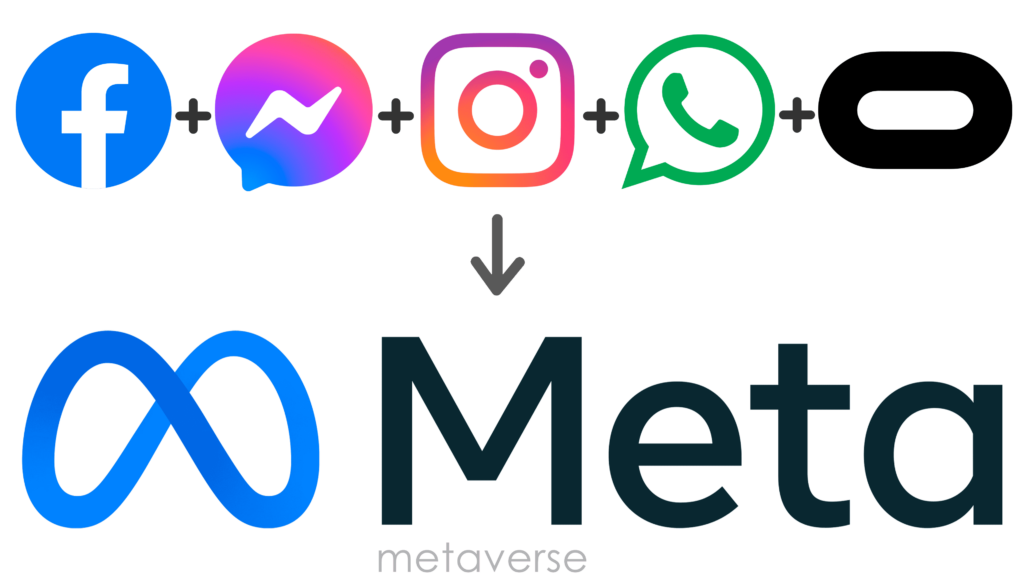On March 11th, 2023, it was reported that if Bill C-18 is approved in Canada, Meta (formerly known as Facebook) would no longer allow Canadians to access news content on their platforms, including Facebook and Instagram.
The proposed legislation is intended to address concerns over the spread of fake news and misinformation on social media, and it includes provisions that would require social media companies to take greater responsibility for the content posted on their platforms.

However, according to a statement released by Meta, the company believes that the proposed law goes too far and could lead to censorship and a violation of free speech. Meta argues that it would be too difficult to comply with the requirements of the legislation, and that as a result, it would be forced to remove news content from its platforms in Canada.
This move could have a significant impact on the way Canadians consume news, as Facebook and Instagram are two of the most widely used social media platforms in the country. Many Canadians rely on these platforms to stay informed about current events and to connect with their communities.

It remains to be seen whether Bill C-18 will be approved by the Canadian government, and what the ultimate impact of the legislation will be on social media companies and their users.
The proposed legislation, Bill C-18, has been a controversial topic in Canada, with supporters arguing that it is necessary to address the spread of fake news and misinformation online, and opponents warning that it could lead to censorship and a violation of free speech.
One of the key provisions of the bill is the requirement for social media companies to take greater responsibility for the content posted on their platforms. Under the proposed law, social media companies would be required to develop and enforce content moderation policies, and to remove illegal or harmful content in a timely manner.
While many Canadians support the idea of holding social media companies accountable for the content on their platforms, there is concern that the proposed law could go too far and stifle free speech. Critics argue that the law is too broad, and that it could be used to censor legitimate speech that some might find offensive or controversial.
Meta, the parent company of Facebook and Instagram, has been particularly vocal in its opposition to the proposed law. In its statement, the company argued that the law would be too difficult to comply with, and that it could lead to censorship of legitimate news content.
Many Canadians rely on social media platforms like Facebook and Instagram to stay informed about current events and to connect with their communities. If the proposed law is approved, and Meta follows through on its threat to remove news content from its platforms in Canada, it could have a significant impact on the way Canadians consume news.
There is also concern that the proposed law could have unintended consequences. For example, some experts have warned that the law could lead to a proliferation of smaller, unregulated social media platforms that are more susceptible to the spread of fake news and misinformation.
Proponents of the law argue that it is necessary to address the growing problem of fake news and misinformation online. They point to the role that social media platforms have played in spreading false information about elections, public health, and other important issues.
Opponents of the law, however, argue that it is not the government’s place to regulate speech, and that the best way to address the problem of fake news is through education and media literacy.
The debate over Bill C-18 is likely to continue in the coming months, as the Canadian government considers the proposed legislation and its potential impact on social media companies and their users. While it is unclear what the ultimate outcome will be, it is clear that the issue of fake news and misinformation online is one that is not going away any time soon.


























































